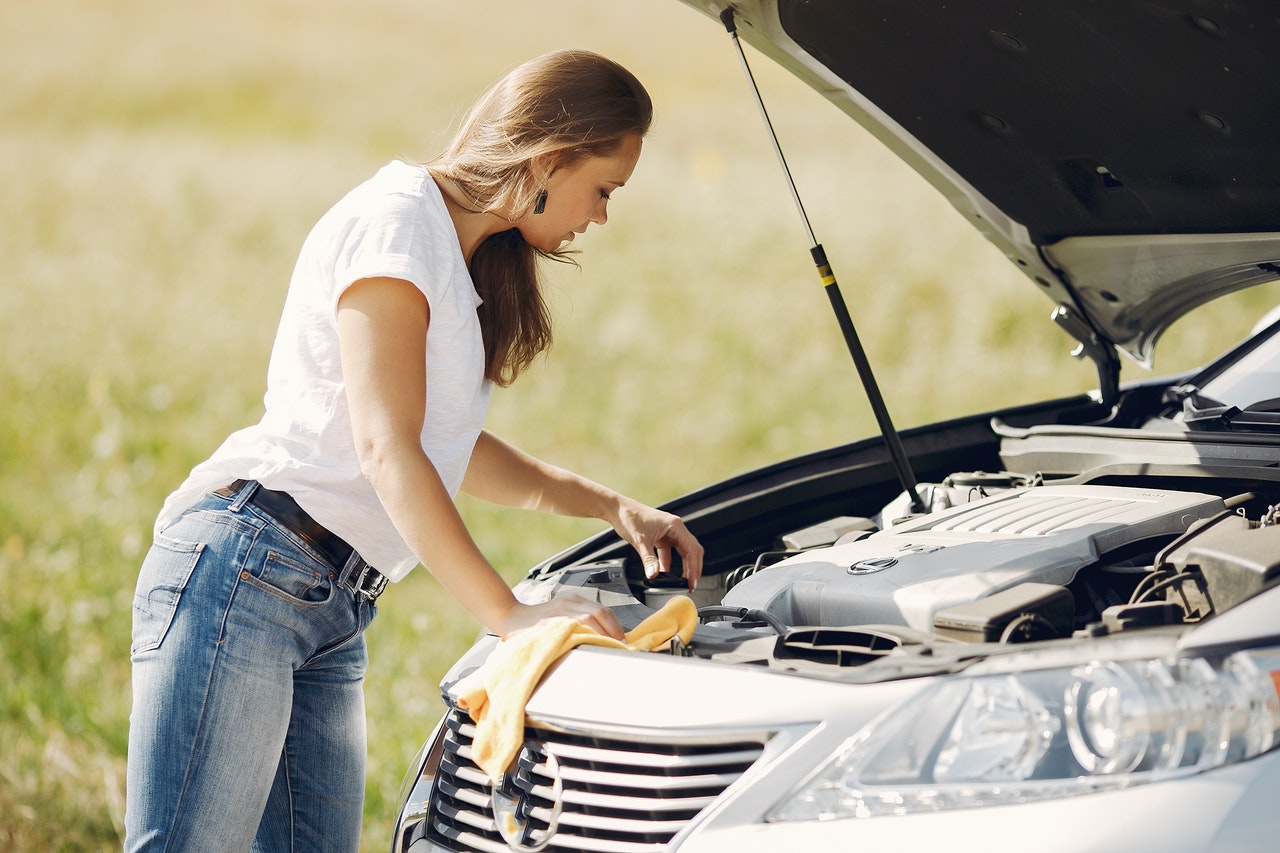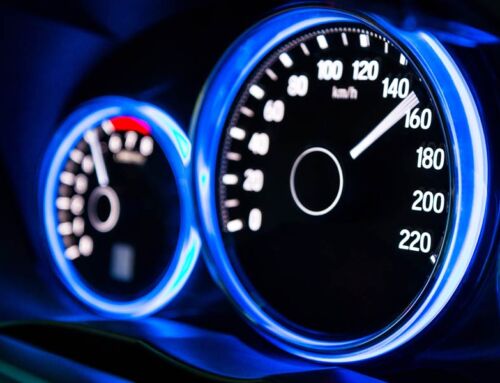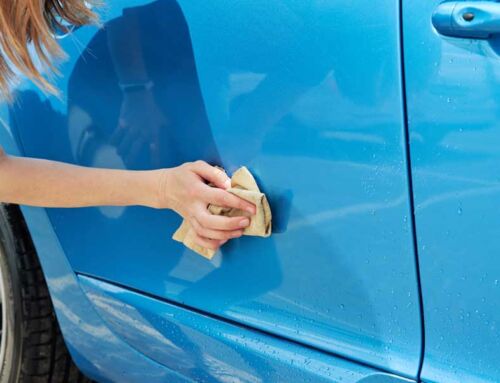One of the last things anyone wants to experience is an overheating car engine.
It’s not only a frustrating experience but can also be quite nerve-wracking and expensive if you are unprepared or don’t know what to do.
This post will help you understand why a car overheats, what to look for and how to keep your cool when things heat up.
What Causes an Engine to Overheat?
As temperatures heat up here in Sonoma County, it’s prime time for your car to overheat.
An overheating engine signals a problem with the car’s cooling system. When the engine is functioning properly, it works by running within a set temperature range. The temperature is maintained by coolant running through the engine to the radiator, which diverts excessive heat away from the engine.
Problems begin when the engine temperature goes above its optimum temperature range. Hot outdoor temperatures certainly don’t help.
Other reasons for an engine to overheat are cooling system leaks or inadequate coolant levels. Overheating can also happen suddenly due to blocked or corroded hoses, equipment failure like a broken thermostat, water pump or issues with the radiator.
What Happens When Your Car Overheats?
Most cars are equipped with a warning light, signaling to you that there is a problem with the cooling system. However, by the time the warning light goes on, the engine has already begun the process of overheating.
You’ll see steam or smoke coming out from under the hood of your car, notice a burning smell and that the car isn’t driving properly.
When you notice these warning signs, you need to pull over immediately. If you don’t, you’ll cause major, expensive damage to your car’s engine in addition to damaging gaskets and hoses the engine needs to function properly.
What to do if Your Car Overheats
Once pulled over, you need to try to identify the reason for the overheating engine.
- Turn off the air conditioning.
- Turn the heat on full blast which sounds crazy, but helps pull heat away from the engine.
- Check coolant levels and top off if low. Note that if your car is overheating, the radiator will be extremely hot. Give the radiator a chance to cool down and use a thick glove or towel when removing the radiator cap to add water or pre-mixed coolant (part antifreeze, part water).
- If stopped in traffic or lights, shift the car into park and step on the gas until the car reaches 1500 RPMs. This helps air and the water or coolant run through the radiator, helping to bring the engine heat down.
- Never remove radiator cap when engine is hot! Coolant systems are pressurized and hot water will spray out and possibly burn you if you try to remove radiator cap.
Be Prepared
Along with regular service and maintenance for your vehicle, there are certain precautions you can take to avoid a breakdown due to an overheating engine.
- Always check coolant levels before trips.
- Keep an eye on the temperature gauge and if you notice the temperature is creeping up, pull into a gas station and take a peek under the hood to check coolant levels, for leaks or broken hoses.
- Keep a gallon jug of water or pre-mixed coolant in the car for emergencies.
- If your car is leaking antifreeze, take it in for repair.
Conclusion
While the hope is that you never have to deal with an overheating engine, it helps to know what to look for and what to do just in case it happens.
While you also hope never to be involved in a car accident, know that the highly skilled specialists at Downtown Autobody in Sonoma County are here to help. Whether you need an estimate or professionally repaired dent, frame and paint work, schedule an appointment today.





